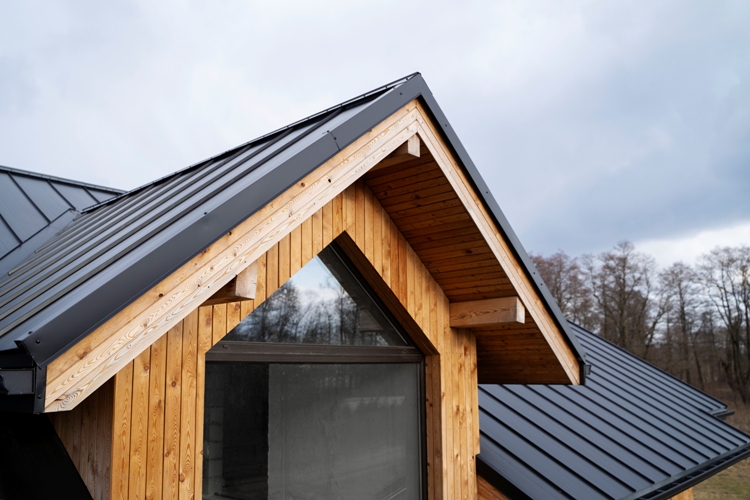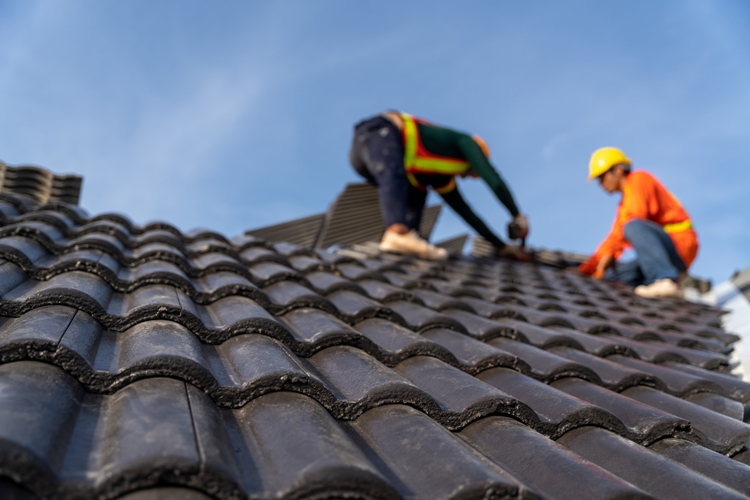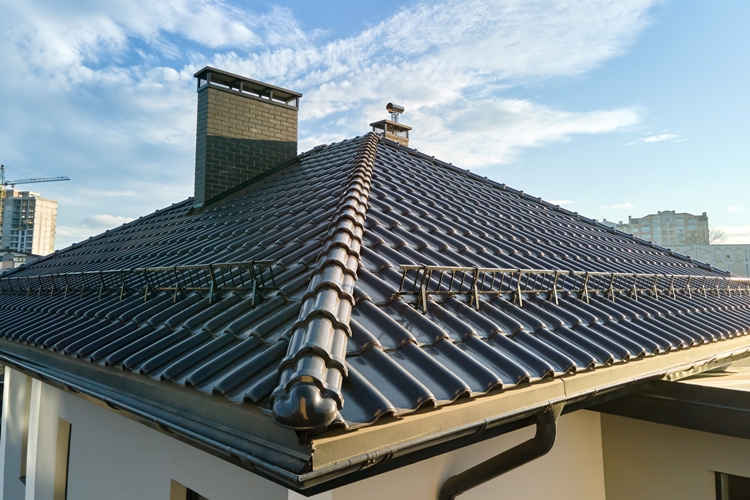
As climate change intensifies, extreme weather events are becoming more frequent and severe. In cyclone-prone regions like northern Australia, homeowners and builders are opting for advanced roofing solutions to safeguard properties and lives. One of the most effective and trending solutions in 2025 is the use of roof battens steel, a durable, resilient, and cyclone-ready material that’s redefining how we build for safety.
This article explores why roof battens steel is gaining popularity, how it contribute to cyclone-resistant construction, and what homeowners can do to prepare for extreme weather conditions.
Understanding the Threat: Why Cyclone-Ready Roofing Matters
Cyclones bring destructive winds, torrential rain, and flying debris that can devastate homes in minutes. Traditional roofing systems often fail under such pressure, leading to costly damage and safety risks. In response, building codes and consumer preferences have shifted toward materials and designs that can withstand these forces.
Steel roof battens are crucial in cyclone zones due to their strength, longevity, and ability to securely anchor roofing components. Unlike timber battens, which can warp or rot over time, roof battens steel maintain their integrity even in the harshest conditions.
Also Read: Why Insulated Roofing Panels are Becoming Ideal for Australian Homes in 2025?
What Are Roof Battens and Why Does Steel Makes a Difference?
Roof battens are horizontal strips that support roofing materials such as tiles or metal sheets. They play a critical role in distributing weight, securing the roof structure, and providing a base for insulation and ventilation systems.
When Made from Steel, Battens Offer Several Advantages:
1. High tensile strength: Resists uplift forces during cyclonic winds.
2. Corrosion resistance: Galvanized coatings protect against rust and moisture.
3. Dimensional stability: Steel does not warp, shrink, or split like timber.
4. Fire resistance: Steel battens are non-combustible, adding another layer of safety.
In cyclone-prone areas, these features make roof battens steel a preferred choice for both new constructions and retrofits.
Key Benefits of Using Roof Battens Steel in Cyclone Zones
Choosing roof battens steel for your roofing system offers multiple benefits beyond just storm protection:
Enhanced Structural Integrity:
a. Steel battens provide a rigid framework that supports heavier roofing materials.
b. They reduce the risk of roof collapse during high wind events.
Longer Lifespan
a. Steel battens can last decades with minimal maintenance.
b. Resistant to termites, mould, and decay.
Compliance with Building Codes
a. Meets or exceeds cyclone-rated construction standards in Australia.
b. Helps homeowners qualify for insurance discounts and government incentives.
Faster Installation
a. Pre-cut and lightweight steel battens simplify the installation process.
b. Reduces labour costs and construction time.
How to Prepare Your Roof for Extreme Weather in 2025?
Whether you’re building a new home or upgrading an existing one, here are steps to ensure your roof is cyclone-ready:
1. Assess your current roofing system
a. Check for loose tiles, rusted fasteners, or sagging battens.
b. Hire a licensed roofing inspector to evaluate structural integrity.
2. Upgrade to roof battens steel
a. Replace timber battens with steel alternatives for better performance.
b. Choose battens that meet cyclone-rated specifications.
3. Improve roof connections
a. Use high-rated screws, brackets, and tie-downs.
b. Ensure battens are securely fastened to rafters and trusses.
4. Install impact-resistant roofing materials
a. Consider metal roofing sheets or reinforced tiles.
b. Use sealants and flashing to prevent water ingress.
5. Maintain regularly
a. Clean gutters and downpipes to prevent water buildup.
b. Inspect battens and fasteners annually, especially before cyclone season.
Why Roof Battens Steel Is Trending in 2025?
Several factors are driving the popularity of roof battens steel in 2025:
1. Climate urgency: More frequent cyclones have made resilient construction a priority.
2. Technological advancements: Modern steel battens are lighter, stronger, and easier to install.
3. Government regulations: Updated building codes require cyclone-resistant materials in vulnerable regions.
4. Consumer awareness: Homeowners are more informed about the benefits of steel over timber.
Builders and architects are also embracing steel battens for their design flexibility and compatibility with sustainable building practices.
Choosing the Right Roof Battens Steel for Your Home
Not all steel battens are created equal. When selecting materials, consider the following:
1. Material grade: Look for high-tensile galvanized steel.
2. Size and profile: Match battens to your roof type and load requirements.
3. Manufacturer reputation: Choose certified products from trusted suppliers.
Consult with a structural engineer or roofing specialist to ensure your choices align with local building codes and environmental conditions.
Final Thoughts: Building Resilience from the Top Down
In 2025, preparing for extreme weather is no longer optional; it’s essential. By investing in cyclone-ready roofing systems and choosing roof battens steel, homeowners can protect their families, reduce repair costs, and contribute to safer communities.
Steel battens offer a smart, durable, and future-proof solution for modern roofing needs. As weather patterns continue to evolve, so must our approach to construction. And with the right materials in place, we can build not just homes, but resilience.
Recent Posts

-
August 23, 2025
Sandwich Roofing Panels vs. Traditional Roofing: Which Is Best for Heatwaves and Bushfire Protection?
Read More 
-
August 18, 2025
Roof Battens Steel and Cyclone-Ready Roofing: How to Prepare for Extreme Weather in 2025?
Read More 
-
August 13, 2025
Why Insulated Roofing Panels are Becoming Ideal for Australian Homes in 2025?
Read More
Categories
- gutter accessories suppliers 6
- metal ceiling battens 4
- metal fascia for modern roof 1
- Uncategorized 8
- cladding building materials 2
- top hat roofing 2
- metal roofing suppliers 5
- gutter and fascia replacement 3
- metal roof batten 12
- top hat battens 1
- metal fascia 2
- steel roof batten 32
- roof battens and purlins 7
- insulated roofing panels 20
- sandwich roofing panels 13
- roofers bracket 3
